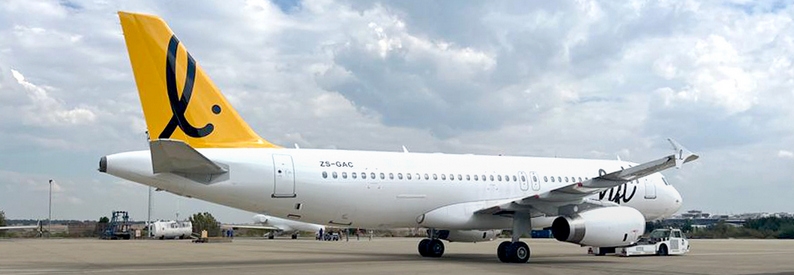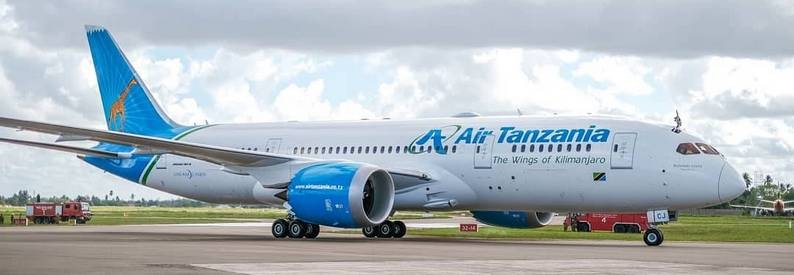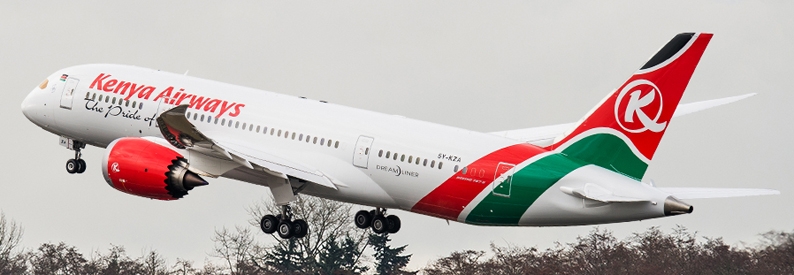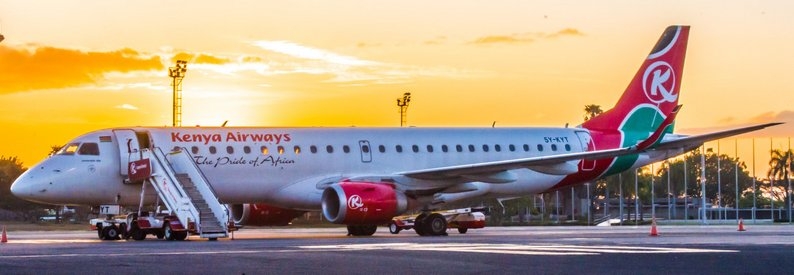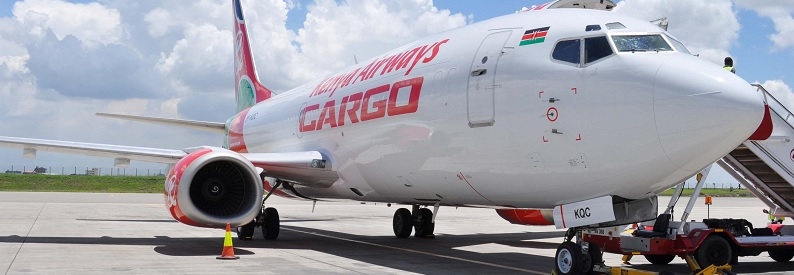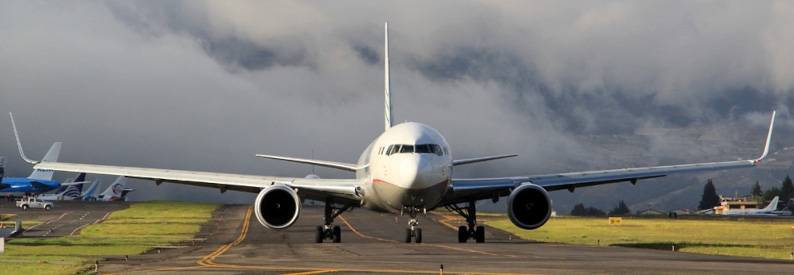Air Tanzania (TC, Dar es Salaam) is at risk of having its aircraft impounded abroad because of debts owed by the state-owned carrier, Tanzania’s Controller and Auditor General (CAG), Charles Kichere, has warned.
The country’s Citizen newspaper reported Kichere made the comment when presenting his audit report for the financial year 2019/2020 and the Prevention and Combating of Corruption Bureau (PCCB) report for 2019/2020 to the country's new president, Samia Suluhu Hassan, at Chamwino State House in Dodoma last week.
He revealed the company had incurred TZS12.4 billion (USD5.3 million) in interest in the FY2019/21 on debts of TZS45 billion (USD19.4 million) accrued over the past five years. “ATCL flights travelling abroad can be seized, that is a fact,” he said.
He said ATCL had incurred losses of TZS150 billion Tanzanian shilling (USD64.6 million) over the past five years, including TZS60 billion (USD25.8 million) in the financial year under review. Between March and June 2020, ATCL had been charged TZS15.4 billion (USD6.6 million) for aircraft leases while not flying commercially due to COVID-19 restrictions. Air Tanzania's entire fleet - two B787-8s, two A220-300s, one DHC-8-300, five DHC-8-400s, one Fokker 50, and one F28-3000 - is leased from TGF - Tanzania Government Flight (Dar es Salaam), a state-owned lessor.
"During the pandemic, many aircraft were parked but ATCL was paying rental fees regardless of whether the aircraft were not operating due to the Covid-19 challenge. This was due to the lease agreement between the TGF (which also provides VIP flight services to government officials) and ATCL. There was no clause in the agreement that says when the aircraft is not functioning we should not pay.”
Kichere said the company's Annual Procurement Plan (APP) showed seven contracts that had not been in the set budget, which was contrary to the country’s Public Procurement Regulation. "ATCL explained that the procurements were implemented outside the APP because of their urgency and importance to the company's survival. However, I attribute the noted anomaly to inadequate procurement planning," he explained.
He also highlighted TZS1.53 billion (USD646 million) paid to staff in holiday and travel allowances although such expenses weren’t provided for the company's human resources policy.
Advising cost-cutting measures and enhanced control over expenditure, Kichere noted: “I noticed the board of directors does not have a single member with experience in air transport matters”. He also pointed to airport capacity constraints which were limiting ATCL from operating at night.
Kichere said an operational audit of ATCL showed the government by June 30, 2020, purchased eight aircraft for TZS1.2 trillion (USD517.5 million) in an effort to revive the airline. In addition, the government had provided the airline with TZS153 billion (USD65.9 million) for “operational and development activities."
In his review of TGF, Kichere found it had leased eight aircraft to ATCL with an agreement that the airline would pay the government levies and the cost of maintaining the aircraft. “However, I found out that TGF charged ATCL TZS79.6 billion (USD34.3 million) including the cost of chartering aircraft and maintenance. However, TGF received a total of TZS8.1 billion (USD3.4 million) from ATCL, with a total of TZS71.4 billion (USD30.7 million) unpaid until June 30, 2020.”
Kichere’s report exposed widespread irregularities and poor financial management in several government departments and public entities. He found embezzlement at six institutions, 28 institutions with “shortcomings in the internal audit system”, and nine institutions with “limitations” regarding their risk management assessment.
Tanzania’s newly sworn-in President Hassan responded swiftly by suspending the director of the country's port authority over embezzlement of public funds. She also warned that stern action would be taken against heads of other public entities, including ATCL, that had been adversely mentioned in the CAG’s report.
Hassan took over the presidency following the death of John Magufuli on March 17, officially as a result of a heart attack, though many suspected it was from COVID-19. Under Magufuli, the country defied global guidelines on the dreaded disease. All eyes are now on Hassan, who was Vice President under Magufuli, as she asserts her leadership style on the country amid calls for more civil liberties and accountable government.
Meanwhile, ATCL Managing Director, Ladislaus Matindi, told The Citizen he expected the national carrier to receive the same support it used to enjoy from the Magufuli administration. “I don’t see any changes because she (President Samia) is using the same party’s election manifesto which the late Magufuli and she used to market themselves to the voters (during the October General Election),” he said.
- Type
- Base
- Aircraft
- Destinations
- Routes
- Daily Flights

